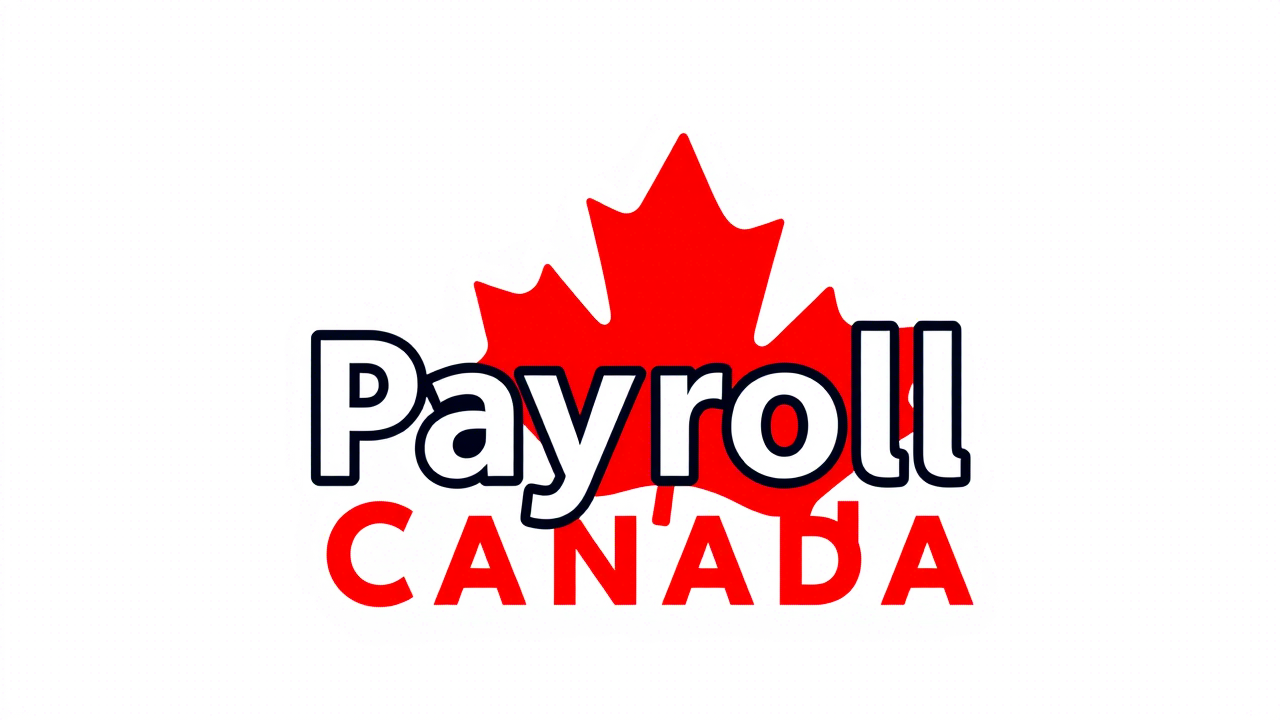The restaurant and hospitality industries are vital to Canada’s economy, but they also face unique payroll challenges. From managing tipped employees to handling fluctuating work hours and adhering to provincial labor laws, payroll can quickly become complex and time-consuming. For businesses in these sectors, simplifying payroll processes is essential to ensure compliance, maintain employee satisfaction, and focus on delivering exceptional customer experiences. In this article, we’ll explore how restaurants and hospitality businesses can streamline payroll management effectively.
Unique Payroll Challenges for Restaurants and Hospitality Businesses
Before diving into solutions, it’s important to understand the specific payroll challenges faced by restaurants and hospitality businesses:
1. Tipped Employees
Many workers in the hospitality industry, such as servers and bartenders, rely on tips as part of their income. While tips are generally not subject to CPP or EI deductions, employers must still account for them when calculating taxable income.
2. Fluctuating Work Hours
Shifts often vary weekly, with part-time, full-time, and seasonal workers all contributing to operations. Tracking hours accurately is crucial for payroll processing.
3. Provincial Labor Laws
Minimum wage rates for liquor servers, overtime rules, and vacation pay entitlements differ by province. For example:
- Ontario: Liquor servers have a lower minimum wage ($15.60 per hour as of 2024) compared to the general minimum wage ($16.55).
- British Columbia: Overtime is paid after 8 hours per day or 40 hours per week.
4. High Employee Turnover
The hospitality industry often experiences frequent hiring and firing, making onboarding and offboarding processes critical.
5. Compliance Risks
Errors in payroll deductions, remittances, or reporting can lead to penalties from the CRA or provincial labor boards.
Tips to Simplify Payroll for Restaurants and Hospitality Businesses
1. Automate Time and Attendance Tracking
Accurate payroll starts with precise time tracking. Manual timesheets are prone to errors and disputes, especially in fast-paced environments like restaurants.
Solution:
Implement time and attendance software that integrates with your payroll system . These tools allow employees to clock in and out digitally, track breaks, and monitor overtime automatically. Some platforms even support geolocation features to ensure employees are clocking in from approved locations.
2. Handle Tipped Income Accurately
Properly accounting for tips is essential to avoid compliance issues. Employers must report tipped income to the CRA, even though it’s not subject to CPP or EI deductions.
Solution:
Use payroll software that allows you to input and track tipped income separately from base wages. This ensures accurate tax calculations while maintaining transparency for employees. Additionally, educate staff on their responsibility to report cash tips for tax purposes.
3. Stay Compliant with Provincial Wage Laws
With varying minimum wage rates and labor standards across provinces, staying compliant can be challenging.
Solution:
Choose payroll software that adjusts calculations based on provincial regulations. For example, if you operate in Ontario, the system should automatically apply the correct minimum wage for liquor servers versus other employees. This eliminates the risk of underpayment or non-compliance.
4. Streamline Onboarding and Offboarding
High turnover rates mean businesses are constantly adding and removing employees from payroll. Manual processes can slow down operations and lead to errors.
Solution:
Leverage payroll platforms with built-in onboarding and offboarding features. These tools allow you to quickly input new hires’ information, set up pay rates, and issue final paychecks for departing employees.
5. Offer Flexible Payment Options
Many hospitality workers rely on their earnings to cover daily expenses, so timely payments are crucial.
Solution:
Consider offering flexible payment options, such as weekly or biweekly pay periods, instead of monthly payments. Tools like direct deposit or instant payment apps ensure employees receive their wages promptly.
Tools to Simplify Payroll for Restaurants and Hospitality Businesses
Managing payroll efficiently requires the right tools. Here are some top solutions tailored to the needs of the hospitality industry:
1. VTAC Payroll Management
VTAC Payroll Management is an ideal choice for restaurants and hospitality businesses looking to simplify payroll. Key features include:
- Automated Tax Calculations: Ensures accurate deductions for taxes, CPP, and EI.
- Provincial Compliance: Adjusts payroll processes based on provincial labor laws.
- Tipped Income Tracking: Allows businesses to account for tips separately from base wages.
- Time Tracking Integration: Syncs with time-tracking tools to capture exact hours worked.
By leveraging VTAC Payroll Management , businesses can save time, reduce errors, and stay compliant with CRA regulations.
2. QuickBooks Payroll
QuickBooks Payroll is another popular option for small businesses in the hospitality sector. It offers:
- Automated Remittances: Handles CPP, EI, and income tax deductions automatically.
- Customizable Pay Schedules: Supports weekly, biweekly, or monthly payments.
- Mobile Access: Allows managers to process payroll on the go.
While QuickBooks is user-friendly, it may lack some advanced features needed for large-scale operations.
3. Deputy + Payroll Integration
Deputy is a workforce management tool designed for industries with shift-based employees. When paired with payroll software, it offers:
- Shift Scheduling: Creates and manages employee schedules.
- Time Tracking: Captures hours worked and syncs with payroll systems.
- Compliance Alerts: Notifies managers of potential violations, such as missed breaks or overtime.
This combination is particularly useful for restaurants and hospitality businesses with complex scheduling needs.
Common Mistakes to Avoid
To ensure smooth payroll processing, avoid these common mistakes:
1. Misclassifying Employees
Incorrectly classifying workers as independent contractors instead of employees can lead to legal and financial consequences.
Solution:
Understand the differences between employees and contractors, and consult a payroll expert if unsure.
2. Failing to Report Tipped Income
Not reporting tipped income can result in penalties and audits.
Solution:
Educate employees on their responsibility to report tips and use payroll software to track this income.
3. Missing Remittance Deadlines
Late or missed remittances to the CRA can lead to costly penalties.
Solution:
Set up automated reminders or use payroll tools that handle remittances on your behalf.
Conclusion
Simplifying payroll for restaurants and hospitality businesses in Canada requires automation, compliance, and the right tools. By implementing time-tracking software, staying compliant with provincial laws, and leveraging platforms like VTAC Payroll Management , businesses can streamline payroll processes and focus on what truly matters—delivering exceptional service to customers.
Take the hassle out of payroll today by exploring VTAC Payroll Management —a comprehensive solution designed to meet the unique needs of the hospitality industry. Visit their website to learn more and get started.



